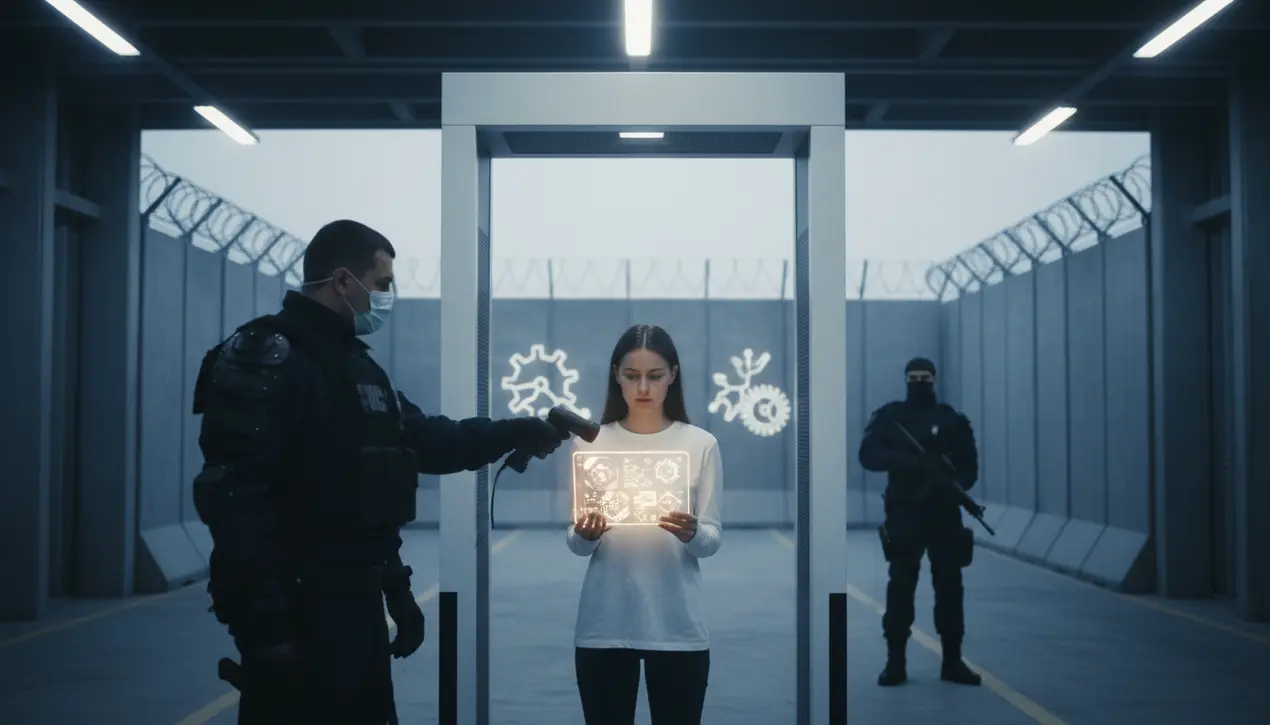
Politicsprotests & movementsMass Demonstrations
The Backlash to a Better Future: Why Visionary Ideas Are Framed as Threats
MI
Michael Ross
1 day ago7 min read5 comments
At a critical point in our collective history, the simple act of envisioning a better future is often cast not as a hopeful goal, but as a dangerous challenge to the existing system. This phenomenon is not new; it is the result of a deep-seated conflict between the comfort of established structures and the unsettling force of transformative optimism.Historical examples abound, from the Luddites who destroyed machinery that threatened their way of life, to the Cold War era, where competing societal ideals fueled global fear. In our modern context, this struggle plays out in debates over artificial intelligence and climate action, where concepts like a post-scarcity economy or a green transition are fiercely opposed by those whose power and profit are tied to the current model.The psychology behind this is key: the human mind, adept at identifying threats, often mistakes radical change for danger—a bias that influential institutions have become skilled at manipulating. This is evident in the way policies like Universal Basic Income are portrayed as an attack on the value of work, or how ambitious climate measures are framed as an infringement on liberty.The central conflict revolves around the definition of progress itself. Is it a slow, steady improvement of what already exists, or can it be a fundamental redesign of society's core principles? A proposal for a more just and sustainable world inherently critiques the present, and that critique is felt as a personal and systemic attack by those with a stake in the status quo.This environment fosters a chilling effect, discouraging innovators and advocates from sharing bold ideas for fear of being dismissed as radical or impractical. Moving forward requires a new narrative—one that validates the real fears associated with change while unapologetically advocating for the power of big ideas.We must connect the practical with the visionary, illustrating not only the ethical need for a better world but also the tangible steps to get there. The true danger lies not in our imagination, but in our collective reluctance to use it.
#editorial picks news
#social commentary
#political dissent
#imagination
#societal threats
#future visions
Stay Informed. Act Smarter.
Get weekly highlights, major headlines, and expert insights — then put your knowledge to work in our live prediction markets.
Comments
Loading comments...
© 2025 Outpoll Service LTD. All rights reserved.